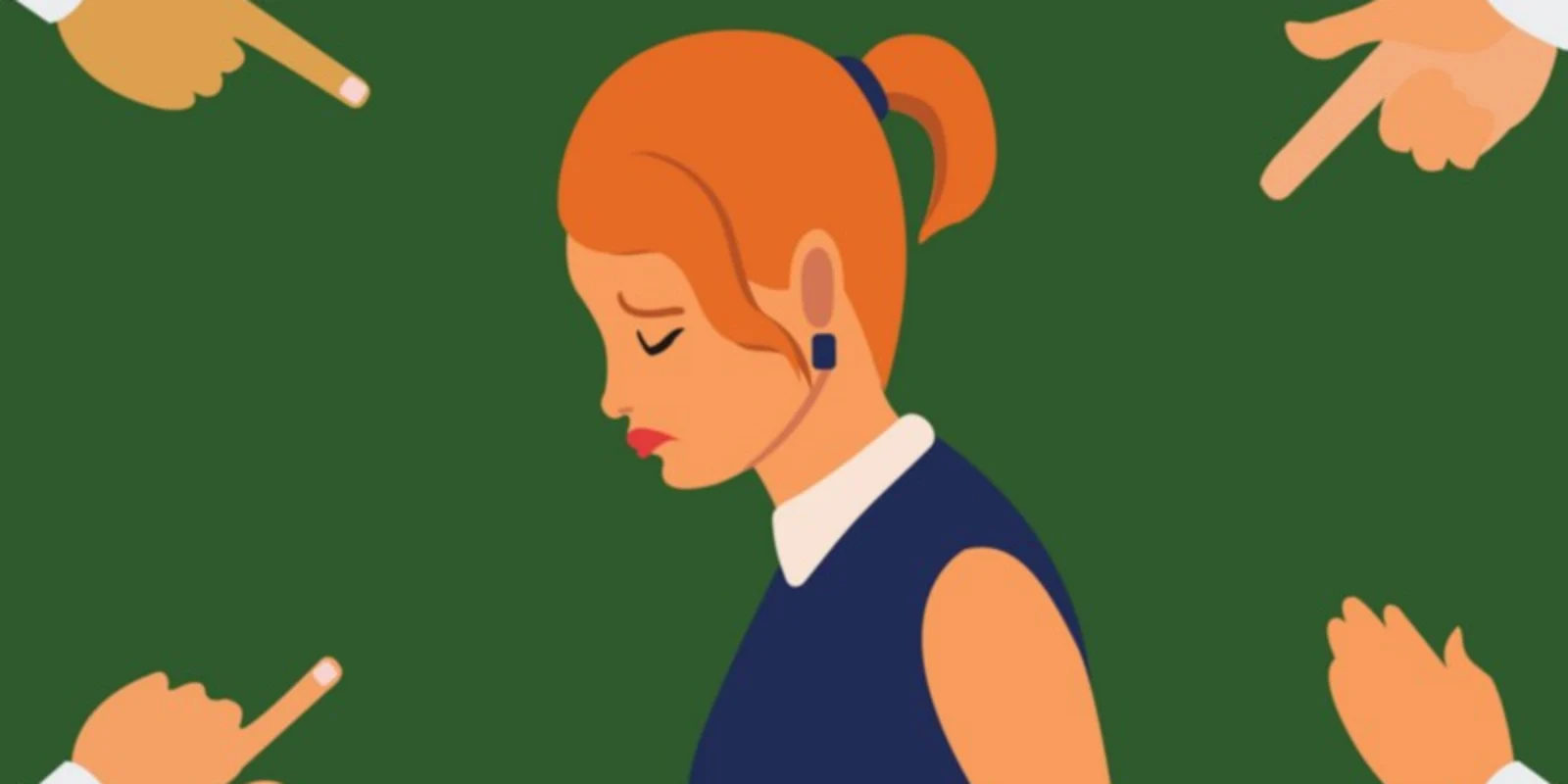
Bullying in medicine and medical training is nothing new. A 1990 JAMA study found that by their senior year, over 80% of medical students had been bullied. A recent national survey of residents and fellows found that 48% of respondents had been subjected to bullying.
I’ve had my fair share of getting yelled at at work, but my bullying experiences have been mostly benign. Most notorious were the post-case push ups I did on an O.R. floor with my fellow female medical students as our male surgical fellow creepily watched us.
I know the hand I’ve been dealt is a good one. But many of my colleagues have been suffering silently at the hands of an unrelenting bullying epidemic in medicine. With that suffering can come depression, anxiety, and even suicidal thoughts. Medical students (the majority of whom have likely been bullied by senior year of medical school, as above) have been found to have a higher prevalence of suicidal ideation and depressive symptoms than the general population. The recent news about a rash of suicides at Mount Sinai St. Luke’s hospital serves as further proof that many physicians are distraught and unhappy. While bullying alone may not be responsible for this growing misery in our profession, it definitely contributes to a less than desirable workplace experience.
The first step towards disruption of a system that refuses to change is bringing awareness to the system’s faults and flaws. So, I set out to collect narratives of experiences of bullying in medicine to try to bring a face to this otherwise ambiguous plague.
The Survey
Through a voluntary survey that I shared with friends, colleagues, and acquaintances in the medical field, I collected 122 responses about bullying in medicine. The survey design was not perfect, and many might argue that this survey was self-selective: those who have experienced bullying might be more likely to complete such a survey. But, the design was simple enough to entice those who have not experienced bullying by ending the survey after “No” was selected for the first question.
Of the 122 participants, 68% answered “Yes” when asked if they had “ever been bullied in medicine.” Purposefully open-ended due to the subjective nature of the feeling of being bullied, the survey proceeded to capture what was perceived as the worst bullying experiences. The common thread in all of the captured narratives held true to the definition of bullying: aggressive behavior aimed to cause discomfort or intimidation, thereby often exacerbating a pre-existing power imbalance.
The stage of medical training when respondents felt most bullied was most commonly residency, 35% of the responses. Medical school was a close second at 30%. Surprisingly, 24% of those who experienced bullying reported their worst experience occurring when they had become attendings. This proves that bullying does not dissipate once training is completed. It continues well into established medical careers.
These bullying narratives described everything from condescending behavior and verbal taunts to overt discrimination and sexual harassment. Select excerpts have been edited for content and are shared below.
Before reading ahead, though, a note on practical improvement. Multiple respondents felt that anonymous reporting systems, zero-tolerance policies, and more supportive administration teams could help combat this deeply entrenched problem. Those who experienced bullying almost uniformly believed that this “culture needs to change.” The most downtrodden of participants reported feeling helpless in the face of “devastating, soul-destroying” bullying, while the most hopeful participants reflected that “we are all in this together.”
With a united front we might stand a chance at changing the status quo and making the future of medicine a healthier space for the generations of doctors to come.
Our Stories
When asked to “Describe your worst experience with bullying in medicine,” respondents said:
“Residents ignoring you or belittling you when you ask questions and asking you to go pick up food, insinuating that that is your role as medical student, rather than including you in clinic tasks.”
“I had a male student on a rotation with me as well and everything he did was great; he did no wrong. The faculty would always tell me how incompetent I was and said they did not know why I went into medicine.”
“Asked to do procedures I’ve never done without supervision.”
“The worst was by administration of my last hospital. They constantly pushed for me to see more and more patients, wanting me to sacrifice quality for quantity. It was always about money, pushing for higher numbers and ‘bonuses’ that I didn’t care about….I was so fearful of losing my job I did everything they asked, working 100+ hours weekly.”
“Everything was the fellow’s fault, whether it was or not.”
“When I was an intern, I had a resident on wards who constantly bullied me. She was very demeaning when she was not happy with my work, talked down to interns and students, and humiliated team members for lack of knowledge on rounds.”
“Attending punishing me for needing [breast] pumping breaks.”
“I was bullied by a male authoritative figure while I was a resident. He regularly threatened to prevent me from finishing residency or getting a job just for following the requests of an attending whose management plans [differed] from his.”
“An attending sexually harassed dozens of female and male residents, including me (unwanted touching, shoulder rubs, comments on outfits, etc. etc. etc.). But, the program has done nothing to address this, despite multiple residents reporting it to the chiefs.”
“Homophobic slur used.”
“Misogynistic comments, being told in so many words that I am less capable than a male counterpart.”
“I was repeatedly screamed at and undermined by my partner. He would call me names, tell me I was stupid and throw things at me. Often, he would do this in public.”
“My attending yelled at me in front of the entire team when I explained that I didn’t know how to do something.”
“A [doctor] called me ‘the Mexican girl’ for a week while I was shadowing him. I’m not Mexican, I’m Cuban and Colombian.”
“Being called stupid because I did not know an answer to a question.”
“I was constantly threatened. I would be put on probation when I disagreed with the attendings assessment and evaluation.”

Farah Naz Khan is a doctor and a writer. She is a 2018 Doximity Scholar. Find her on Twitter @farah287 or via her website, FarahNazKhan.com.







